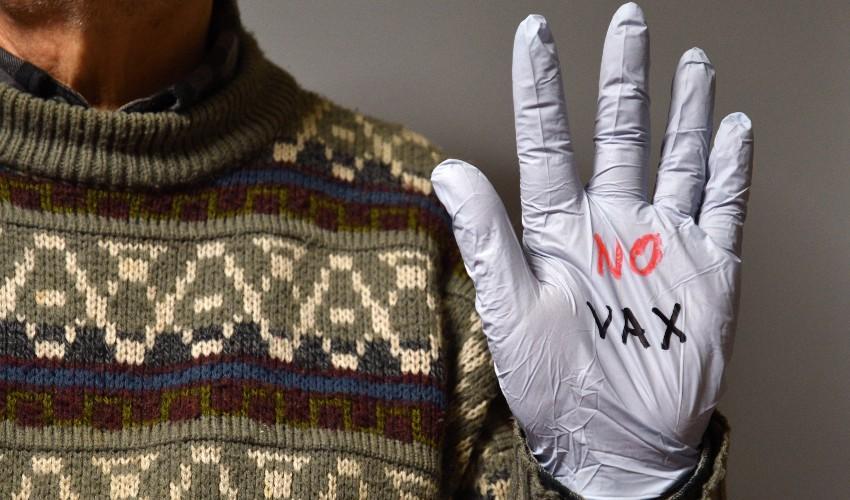
How to Improve Vaccines Communication
A STUDY BY TRENTO PROVINCE HEALTH SERVICE, BIDSA BOCCONI AND THATMORNING REVEALS THE DIFFERENCES BETWEEN THE SOCIAL COMMUNICATION STYLES OF THE PRO VAX AND THE NO VAX. MORE STORYTELLING AND REASSURING TONES WOULD HELP THE CASE FOR VACCINESThe no-vax use more effective online communication techniques than the pro-vax thanks to a larger use of individual storytelling. Pro-vaxers, in turn, might get better results not only by resorting to storytelling more frequently, but also by using a more positive tone of voice, by highlighting the benefits of vaccines rather than the risks of not getting immunized.
This is the conclusion of a scholarly paper that will be presented at the upcoming AMA Marketing and Public Policy Conference (Washington, DC, 24-25 June, 2021), the result of a collaboration between the Trento Province Health Service (Azienda Provinciale per i Servizi Sanitari di Trento), the Bocconi Institute for Data Science and Analytics (BIDSA), and ThatMorning, a company which edits an observatory of the life sciences and healthcare sector news and developed the sentiment analysis tool used for the research.
The study focused on 2019, before COVID, and on Northeastern Italy (Veneto, Trentino, Alto Adige), analyzing more than 7,500 Facebook comments and tweets, as well as 400 web articles, to obtain a general picture of the different positions on the issue of vaccines and the ways in which pro-vax or no-vax opinions are expressed.
The analysis shows the existence of a large group of undecided individuals (on Facebook, for example, the sentiment is neutral in about half the cases), which should therefore represent the main target of communication campaigns. Facebook was found to be the most interesting platform to promote discussion on the topic of vaccines, while the opinions expressed on Twitter are much more polarized.
In addition to this, it is also shown that the tone of voice of an article elicits different responses on social networks: when an article communicates reassurance and hope, the public response is positive, while a more intense tone of voice and the warnings against the consequences of low levels of vaccination provoke strong reactions from the no-vax.
More importantly, it was found that when no-vax talk about personal experiences, user engagement is high. Pro-vax, on the other hand, tend to defend their opinion by exposing the scientific evidence which supports vaccines efficacy. Such a narrative technique safeguards their credibility but reduces the likelihood of user engagement.
“The immunization debate seems to reflect a more general, social change in relation to health care,” the authors conclude. “Immunization used to be a medical practice, but it has become a matter of public discussion in recent decades. On the Web, expertise and legitimacy are redefined, while scientific facts are questioned. Public health communicators should be aware of these dynamics, as a vaccination campaign should begin with an understanding of what and how individuals discuss and communicate about vaccines.”
The study, "Social Media Analysis Applied to Vaccines in Italy: Insights for Redefining the INHS Communication Strategies," is authored by Luca Buccoliero, Elena Bellio and Sofia Persico for BIDSA Bocconi, Stefania Albini, Michele Civiero and Aurelia Murello for ThatMorning, and Antonio Ferro, Chief Medical Officer, APSS Trento and President, Italian Society of Hygiene.
by Fabio Todesco
